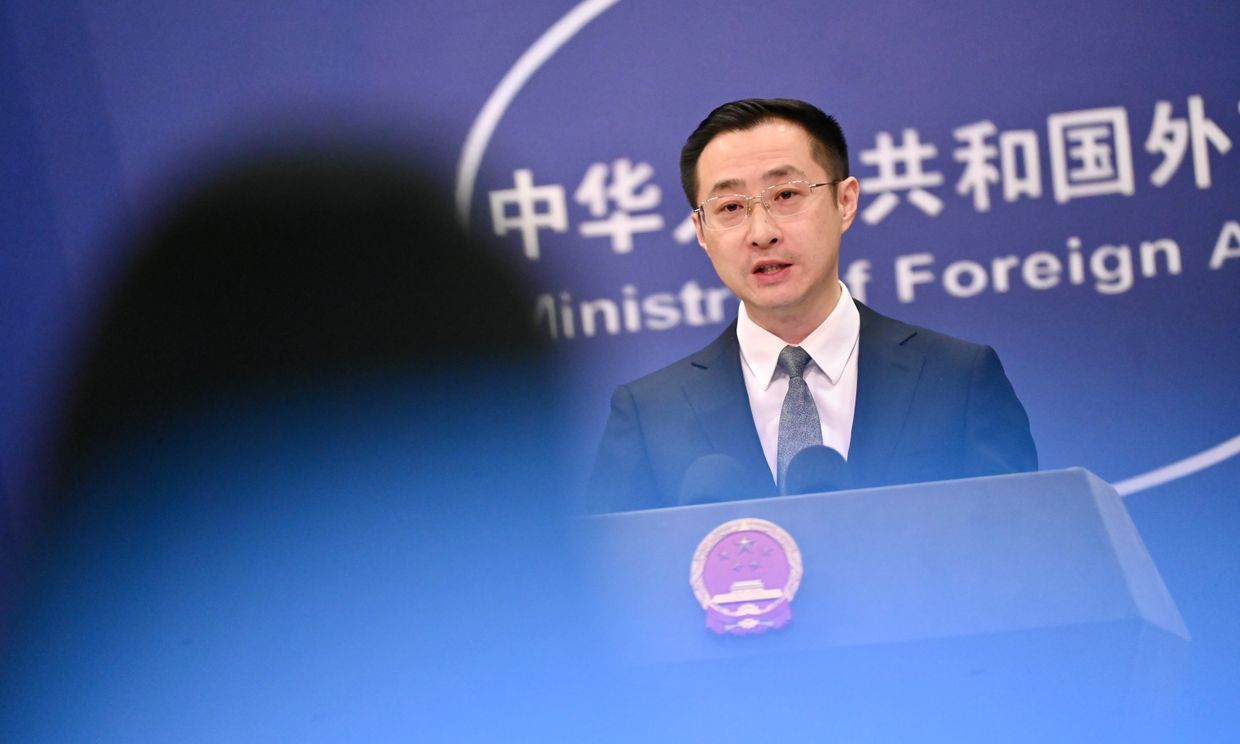US reportedly tells European allies it seeks Ukraine ceasefire within weeks

U.S. officials told European counterparts during meetings in Paris on April 17 that they aim to secure a full ceasefire in Ukraine within weeks, Bloomberg reported, citing undisclosed sources.
The effort marks a renewed push by the administration of U.S. President Donald Trump to end Russia's three-year full-scale war against Ukraine.
The April 17 meetings included discussions between U.S. Secretary of State Marco Rubio, Middle East envoy Steve Witkoff, and French President Emmanuel Macron. Ukrainian officials were also present.
According to the news outlet, the talks focused on halting hostilities immediately and establishing a framework for lasting peace. Participants reportedly expressed support for Trump's goal of ending the war swiftly.
U.S. officials said they expect tangible progress soon, while European participants pushed Washington to prepare a harsher response if Moscow fails to engage, including a potential "large-scale" sanctions package Trump has previously signaled he is considering.
The move came more than a month after Ukraine agreed to a full 30-day ceasefire proposal, introduced during earlier negotiations with the U.S. in Jeddah on March 11. Kyiv accepted the full ceasefire deal on the condition that Russia would also halt hostilities and refrain from undermining Ukraine's defenses.
Moscow refused, demanding a halt to foreign military aid and restrictions on the Ukrainian Armed Forces.
Despite repeated expressions of frustration with the war's continuation — including anger over Russian President Vladimir Putin's hostility toward President Volodymyr Zelensky — Trump has not yet imposed new sanctions or taken direct action to pressure the Kremlin.
During a separate meeting in Washington on April 17 with Italian Prime Minister Giorgia Meloni, Trump reiterated his call to end the war: "We want the death and the killing to stop."
"We're going to be hearing from (Russia) this week, very shortly, actually, and we'll see. But we want (Russia's war against Ukraine) to stop."
Rubio warned on April 18 that the U.S. would abandon efforts to broker a deal if no breakthrough were achieved soon. Speaking after the Paris meetings, he said Trump remains interested in a resolution but has "other priorities" if the Kremlin refuses to engage.











